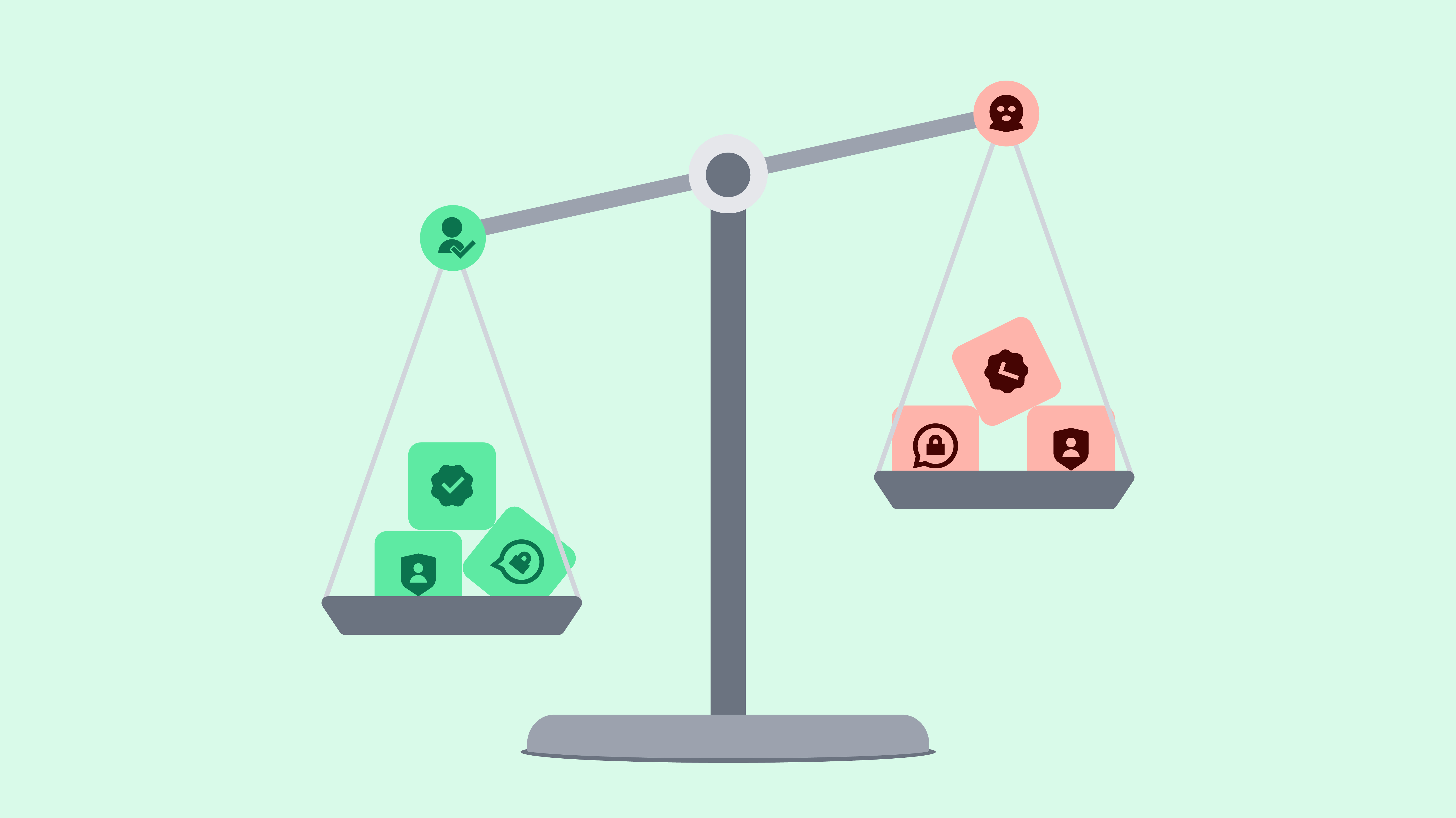Privacy for Everyone vs. Mass Surveillance for Crime Prevention

Have you ever heard the phrase “I have nothing to hide”? It’s often used by people who advocate government surveillance as a means of combating crime. According to this logic, however, anyone who is not a criminal has nothing to hide and therefore does not need an encrypted communication channel. This assumption is not only wrong, but also quite dangerous.
The common “nothing to hide” argument suggests that government surveillance only serves to prevent crime, so that law-abiding citizens have nothing to fear. However, mass surveillance is not suitable for fighting crime, and all individuals should use services that protect their data.
Preventing Data Misuse
There are many legitimate reasons why a person might choose to use an encrypted communication solution. For example, journalists sometimes need to contact sources without revealing their identity to third parties, and there are many other professions that rely on confidential communication, including lawyers and doctors.
However, even those who do not belong to any of these professional groups should choose services that do not involve any risk of data misuse, especially on the Internet, where user data is collected and exploited on a large scale. This is not only a matter of cybersecurity, as in protecting your data from identity theft or phishing. It also means preventing metadata from being analyzed and used for advertising to influence decisions and buying behavior.
Privacy for Everyone
Of course, encrypted online tools can be used by anyone – including criminals. However, this is the case in many, if not most, instances where a product or service is of great use to the general public. For example, as practical as pocket knives are, they could also be used for illegitimate purposes, but no one would ask manufacturers to dull all blades to prevent this from happening.
If a mechanism for combating criminal activity were to be built into encrypted communication solutions, this would inevitably require a reduction in the privacy and security standard for all users. While criminals can and will go to great lengths to hide their activities using different, more obscure, and time-consuming methods, this would not be practical for regular users. Hence, even if there were such a mechanism, it would only lower the general privacy standard without providing a real benefit.
Privacy – a basic human right – and data protection of all individuals should therefore be given greater weight than the possibility that someone could use the app for illicit activities. In other words: the fight against crime must not come at the expense of everyone’s privacy. And encryption should not be seen as a tool for criminal activity but as a means of fulfilling a human right.

